PEDESTRIAN FRIENDLY AND SUSTAINABLE CITY
22 Jun 2017
Phase 2 of Dubai’s Masdar City is set to begin construction, moving the development on its way toward creating a pedestrian-orientated community zone that will form part of a sustainable eco-city.

“The world’s most sustainable eco-city,” Masdar City, is preparing for its next phase of development, as unveiled in the award-winning detailed master plan (DMP) by CBT Architects. Originally envisioned by Foster + Partners as a carbon-neutral elevated city without cars, during the first phase of construction, a new vision for the city began to emerge, eventually leading to CBT’s pedestrian-oriented innovation community plan for Phase 2.
Located outside of Abu Dhabi, Masdar simultaneously plays the roles of city and technology hub, subdivided into educational and commercial zones that cater to the research and development of sustainable design and energy technologies. The 6,700,000-square-foot Phase 2 masterplan will supplement these existing functions while introducing a wide range of new elements, including a new research and development cluster, shops and restaurants, residential neighbourhoods, community centres, mosques and schools. 
“The Phase 2 DMP encourages creativity and collaboration in one of the world’s hottest climates, and is a replicable and market-friendly model for sustainable urbanism that is aligned with local regulation guidelines, yet maintains its identity as a truly walkable and comfortable city,” explain CBT.
Rather than relying on high-cost technological investments, the Phase 2 plan seeks to utilise passive design principles to optimise sustainability, employing strategies such as fine grain fabric, environmental optimisation and hydro-zoning. Building from earlier ideas, the team reviewed past plans, staying true to design intentions while reevaluating the scale of blocks and buildings, public and private programming and circulation strategies. 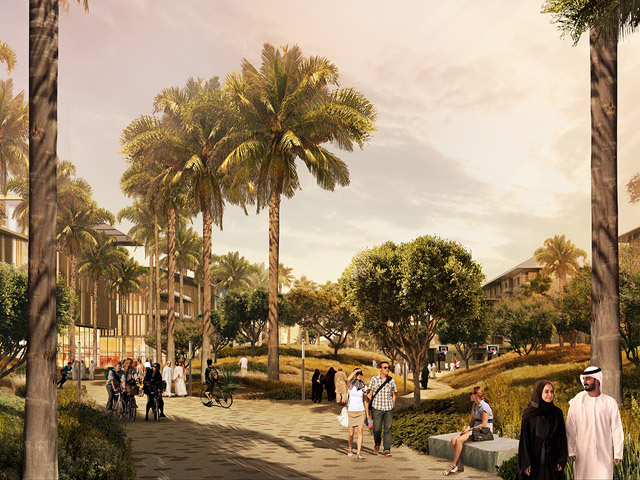
The resulting plan focuses on maintaining four key principles, as described by CBT:
Identity |Creating spaces inspired by the UAE’s local culture and natural environment.
Walkability | Focusing on outdoor environmental comfort and establishing a walkable cityscape that works with the elements.
Sustainability |Integrating sustainable design practices and encouraging eco-friendly lifestyles at all levels.
At the building and block levels, the DMP leverages renewable energies and passive urban planning strategies to achieve a 40 percent reduction in energy consumption over conventional standards. At the landscape level, it establishes a set of distinct hydro-zones to strategically allocate precious water resources. The DMP uses 70 percent native plantings to create small green spaces, as well as larger desert landscapes. These impressive initiatives will create one of the UAE’s most sustainable communities, as assessed by the Abu Dhabi Urban Planning Council’s rigorous Estidama sustainability program. 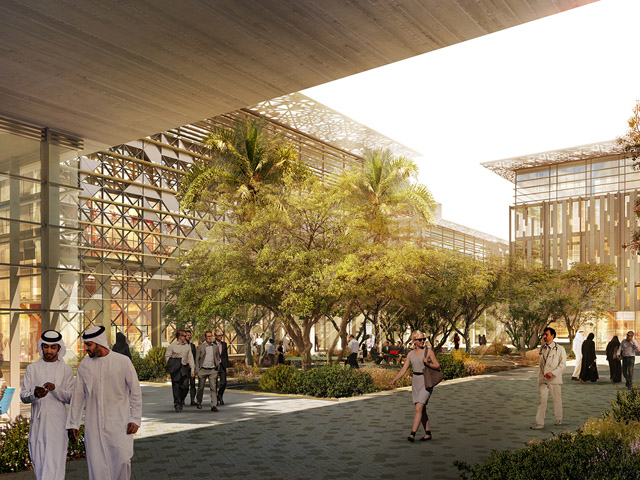
Replicability | The Phase 2 DMP sets a strong precedent for the public realm, pedestrian experience, mobility and sustainability planning that can be carried through to future phases.
Construction on Phase 2’s Masdar Institute Neighbourhood, which will link the central Podium to the North Car Park, is already underway with expected completion due in 2020. As part of the construction process, the city’s driverless Personal Rapid Transit network will be temporarily closed, with alternative means of transportation to be provided during the closure.
“Autonomous mobility has evolved dramatically in recent years, which means our next phase of emission-free driverless vehicles at Masdar City will be able to operate outdoors, integrating with both pedestrians and other types of vehicles,” explained Yousef Baselaib, Executive Director, Sustainable Real Estate, Masdar.
“This is just one of many solutions which we are working on with industry partners as part of our ongoing commitment to drive innovation and support the advancement of intelligent mobility.” 

MORE NEWS

HARNESSING THE POWER OF DESIGN TO TRANSFORM CITIES
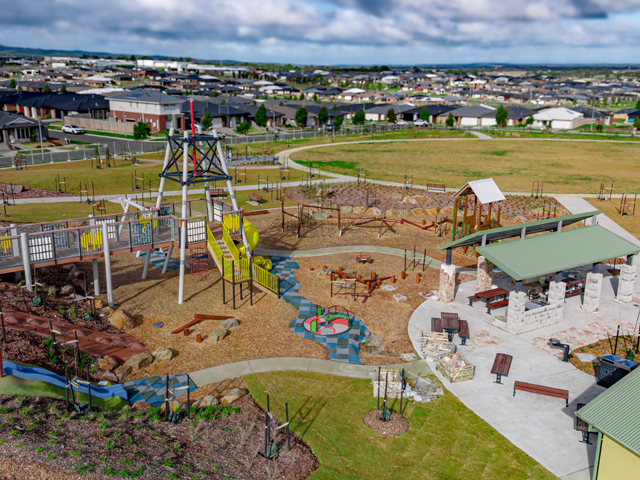
STRIKING GOLD IN BALLARAT
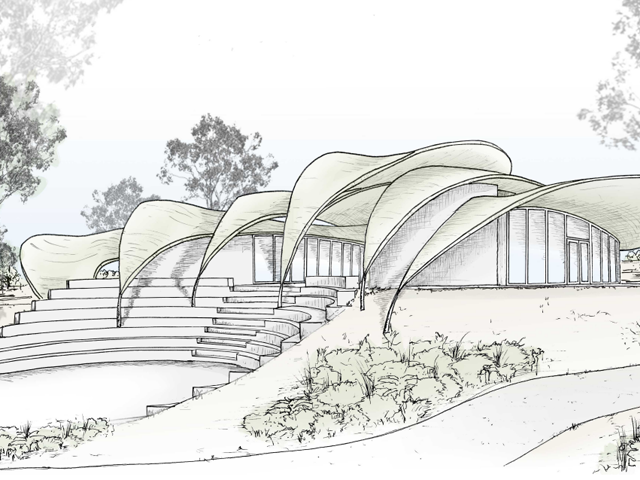
JARRAHDALE TRAIL CENTRE TAKES DESIGN CUES FROM NATIVE FLORA
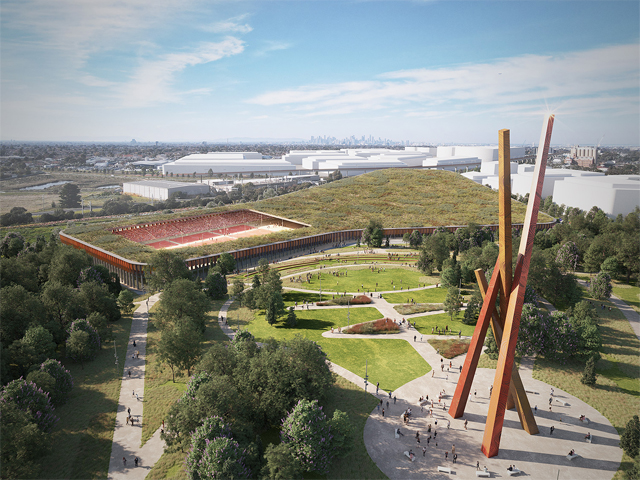
MELBOURNE'S NEW PARK ON A FORMER LANDFILL SITE
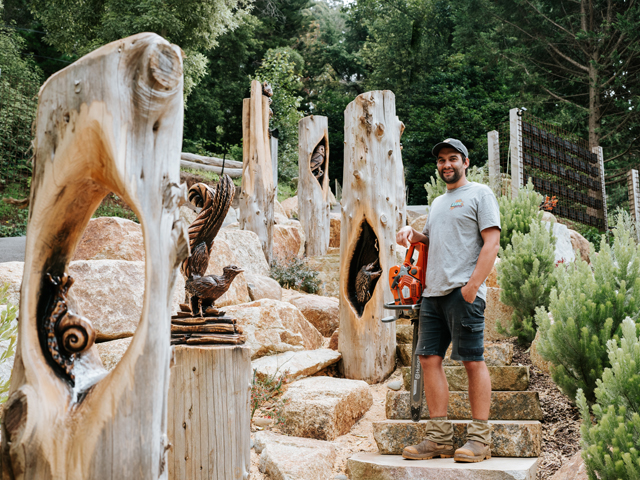
WOOD CARVING WITH BRANDON KROON

